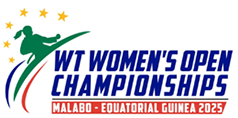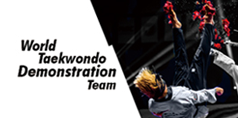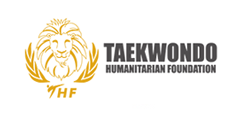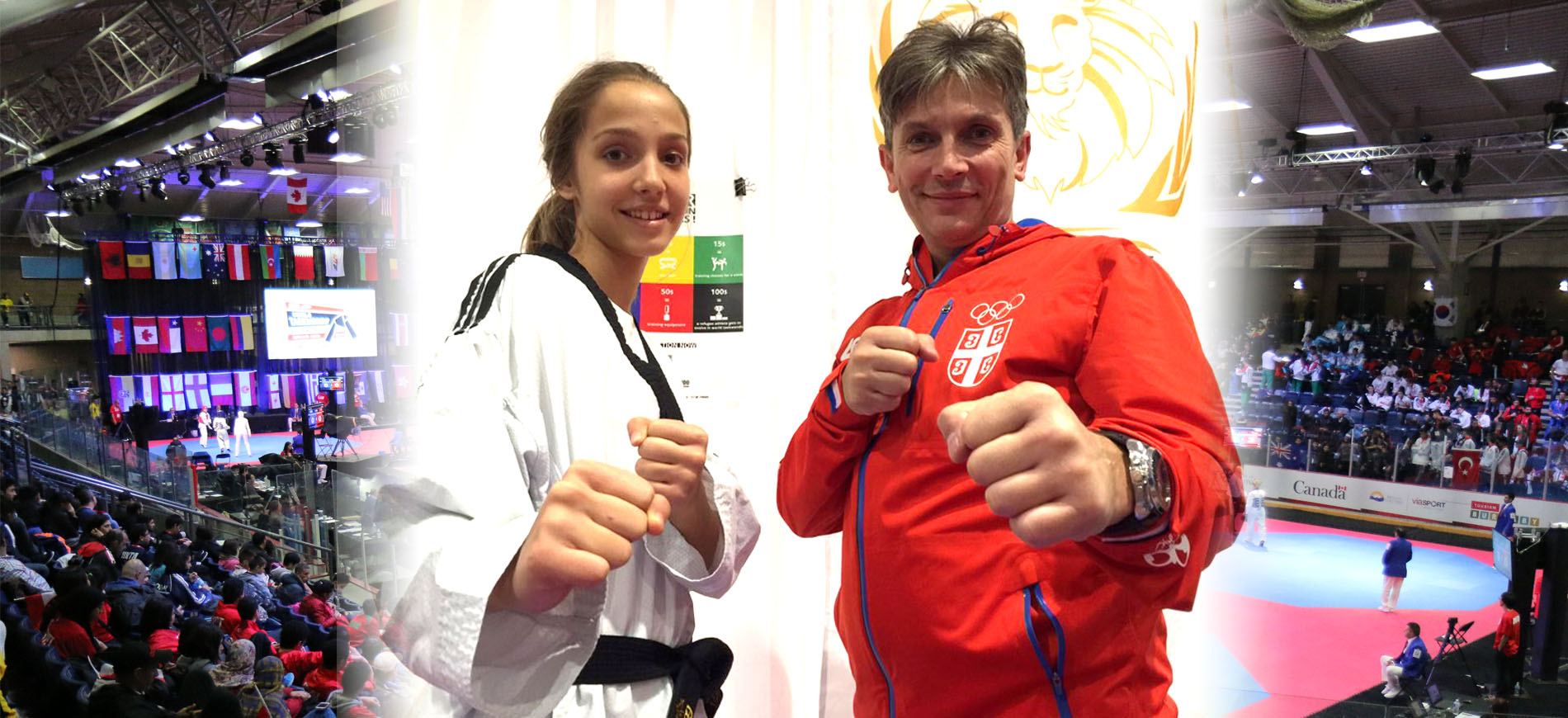BURNABY, Canada (Nov. 16, 2016) – Talk about punching above your weight.
In taekwondo, some nations leverage large populations and powerhouse sporting infrastructures to churn out champions. But there are some countries with smaller taekwondo populations and weaker infrastructures that still manage to produce medalists.
Serbia – population 7.1 million - is in the latter category. Having won two medals in successive Olympics – Milica Mandic’s gold in London 2012 and Tijana Bogdanovic’s silver in Rio in 2016 – the Balkan nation can claim to be among the taekwondo elite.
“Usually, Serbian people talk about themselves as a sporting country, as we have a very big tradition of water polo and basketball and volleyball.” said Jovic – who is himself small in stature but big in influence. “I don’t know if our power is our genetics for sport or what!”
Jovic has been in the sport since 1987 and been coaching since 1991. That was the year he opened his now-famous dojang, Club Galeb, in Belgrade. (“Galeb” means “White Bird,” – after his own nickname ) The club has produced Serbia’s two Olympic taekwondo stars – and in turn, made taekwondo the number-one Olympic sport in Serbia.
“Among Olympic categories, taekwondo is in first place by results, with one gold and one silver,” said Jovic. “Water polos is in second place with one gold and two bronze, and wrestling in third with one gold.”
With Bogdanovic’s Rio success proving that Mandic’s London gold was no fluke, taekwondo’s future in Serbia is assured – and that means funding. “After Tijana won a silver in Rio, taekwondo in our country will stay on a high level,” Jovic said. “By the end of this year, we will know what the plans are for the next Olympic cycle, and I think that our budget will be double or more. I hope!”
Moreover, he hopes that the country will invest in the building of a dedicated Olympic training center, catering to all sport categories.
Much of the success of the sport in Serbia is down to Jovic, who not only founded Galeb, but also created, and now curates, one of the top competitions in Europe.
“The Galeb Belgrade Trophy – the Serbia Open - is G1 category, and is one of the most prestigious tournaments in Europe and the world,” he said. “I organized that tournament for the first time in 2001, with the idea being to enable taekwondo kids to see some of the best fighters of the world without leaving Belgrade.”
One of those kids is his 15-year-old daughter Teodora, who won a bronze in the European cadets in 2014, and is competing, under Dad’s tutelage, in the World Juniors in Burnaby in 2016.
National team entry is via ranking, collected at tournaments, including G1, G2 and G4. The national team gathers one or twice a year. As an incentive – and by national law - every winner of a European, world or Olympic medal receives a pension after they turn 40. Tournament winners - and their coaches - also receive government prize money.
In terms of organization, being a physically small country is an advantage. Across Serbia there are approximately 80 taekwondo clubs, with some 6,000 practitioners and around 100 senior competitors. “This is a very small number,” Jovic says. “The competition system is very simple because we don’t have a large number of competitors.” Every year, there is a national championships and a National Cup for all age categories.
While Jovic’s Club Galeb has proven to be a medal factory, the next step is expanding the player base by growing the sport nationally.
Both Mandic and Bogdanovic have been embraced by Serbian media, which has raised taekwondo’s visibility. Recently, Galeb helped organize a competition in the Serbian city of Nis. “We were thrilled at how many people came, how many kids were coming during the day,” he said. “They all wanted to take pictures with Milica and Tijana, so we have done a good job: We started the development of taekwondo in that city.”
Other clubs are also organizing competitions in different cities, which is expanding the talent pool.
Speaking of the sport in general, Jovic has – like all the Olympic-level coaches who attended the WTF’s week-long coach seminar and forum in Seoul in October – some strong opinions on the current situation of taekwondo and its dominance by front-leg fighters whose arsenals are limited to cut kicks and push kicks. This, he maintains, obviates taekwondo’s trademark spectacular techniques.
“A large percentage of the fights are not interesting; there are always some attractive fights, but not many,” he said. “Fighters who are interesting for the audience can’t win fights with their techniques, because in front of them are front-leg fighters who are making fights ugly.”
Just as the “monkey kick” has been banned from competition, he proposes ditching the push kick, by making it subject to a one-point penalty.
“We need to try one year without the push kick and see the results,” he said. “I am sure that my colleagues, who think differently now, would say, after one year, that taekwondo is far more interesting if we make this change.”
Meanwhile, he is proud of what little Serbia has achieved on the taekwondo scene. And with taekwondo being one of the most economical sports in the Olympics, he reckons other nations can benefit from his experience.
“Others can learn from us about how, with little or no money, you can get great results,” he said.



































